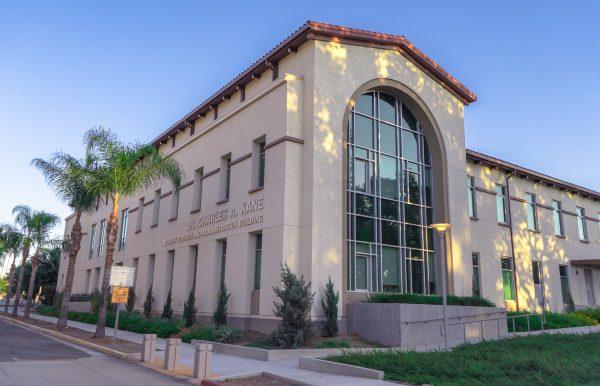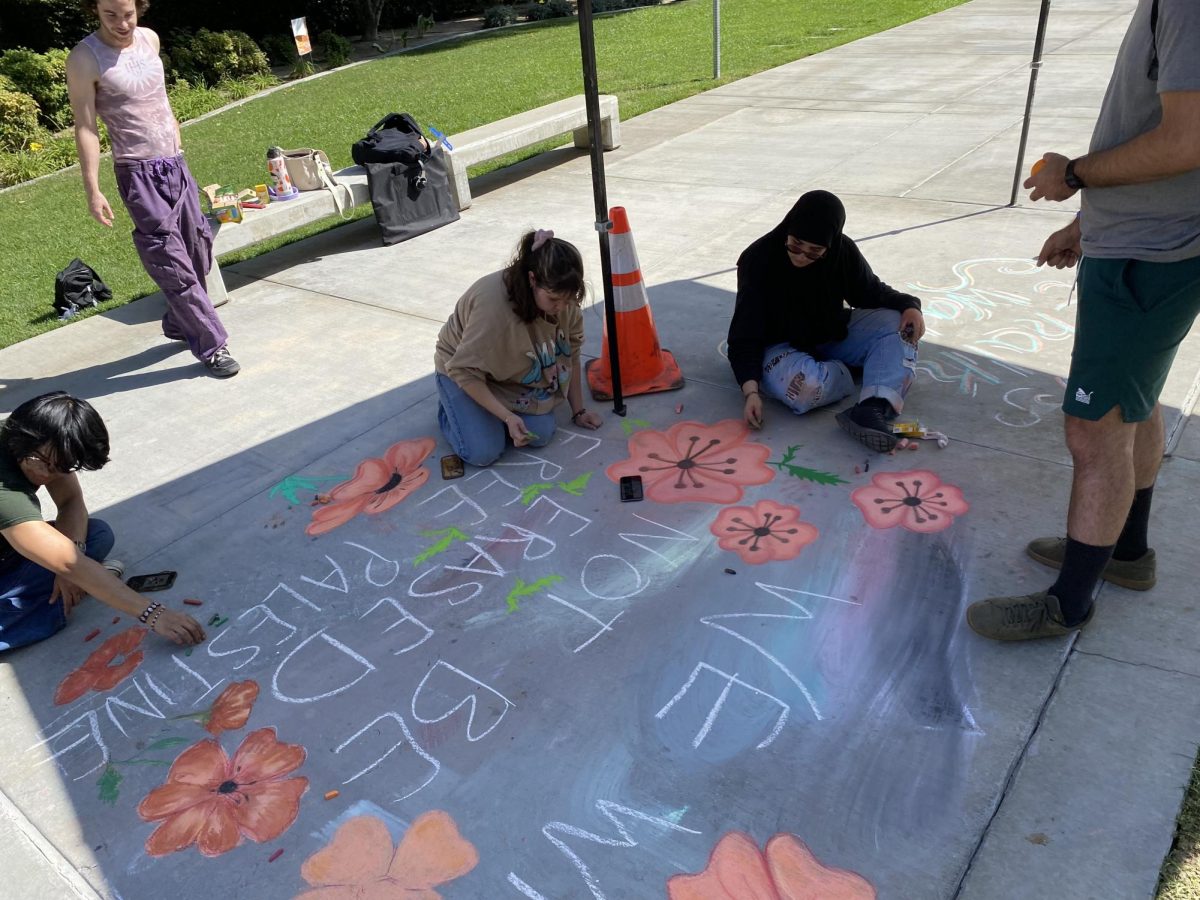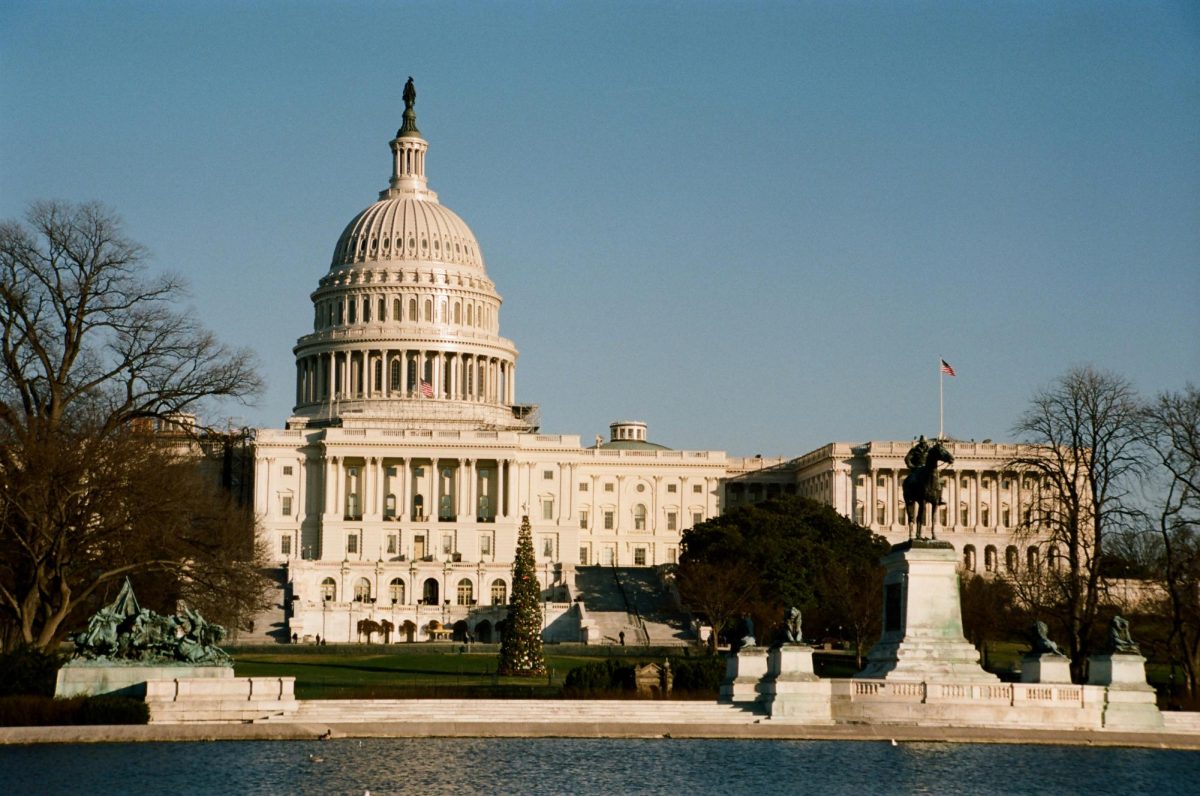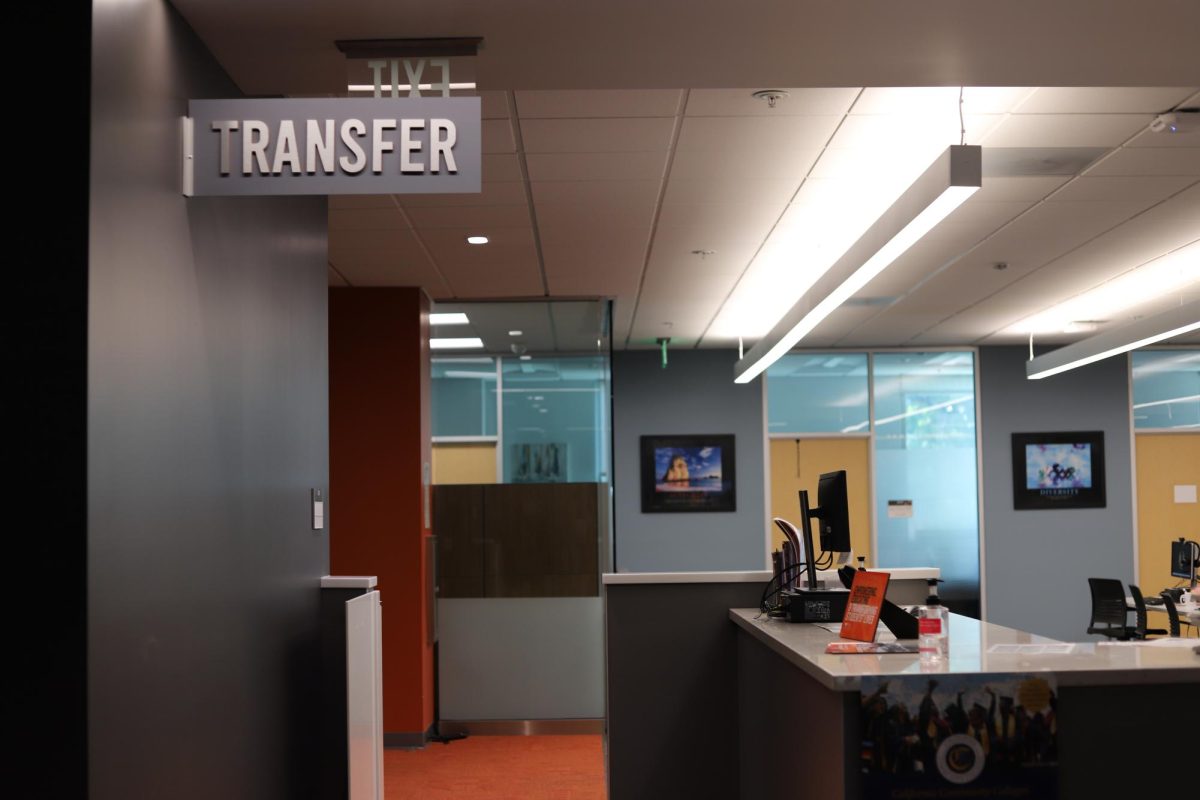By Erik Galicia
The Riverside Community College District is anticipating the complete reopening of its campuses this fall.
According to Dariush Haghighat, Riverside City College vice president of the Faculty Association, Plan A is to return to in-person instruction as it was pre-pandemic: face-to-face instruction at 80% and online instruction at 20%. If pandemic trends continue as they have in recent weeks and vaccination rates continue to climb, on-campus operations are expected to reach 100% this fall.
“Full capacity,” Haghighat said. “The cafeteria, your student services, everything will be back on campus and the district.”
The plans will play out based on the reality on the ground, he added, and on the say of the county, state and Centers for Disease Control and Prevention. If the state does not approve a complete reopening, for instance, the district would aim for Plan B: whatever mix of online and in-person instruction is allowed.
Should the pandemic experience another drastic backslide, Plan C would keep instruction mostly online.
The Faculty Association and district have been drafting memorandums of understanding that address specific safety measures deemed essential to executing a complete return to campus. The memorandums were sent to the association’s and district’s legal counsel to ensure their legality and adherence to CDC guidelines. Haghighat said he expects the memorandums to be signed by March 12.
One of the memorandums focuses on faculty receiving both doses of the COVID-19 vaccine before the start of the fall semester.
According to Rhonda Taube, Faculty Association president, only instructors with medical issues that warrant abstaining from vaccination and those with sincere religious objections would be exempt.
Wolde-Ab Isaac, RCCD chancellor, announced at the Board of Trustees meeting March 2 that the district is partnering with universities in the area to pressure Riverside County into making campuses vaccination sites. District nurses would be employed by vaccine providers, which in return are being asked to allocate vaccines for RCCD personnel and students.
“We have begun to see the light at the end of the tunnel,” he said. “The rate of infections is dropping rapidly. By the end of the summer, it is hoped that close to 70 to 75% of the population will have been vaccinated, thereby acquiring the required herd immunity.”
According to Haghighat, the district is considering making vaccination a requirement for students.
Paul Feist, California Community Colleges vice chancellor for Communications said via email March 10 that any vaccination requirement pursued would be up to the individual college district, not the State Chancellor’s Office.
“He wants to make sure that our campuses are safe and that they would not be taken hostage or hijacked by individuals who are running wild with their ideologies,” Haghighat said about Isaac.
Along with the decrease in COVID-19 cases, the virtual format’s detriment to education served as a driving factor in the reopening plans.
“I think we’ve made the best of an unfortunate situation,” said Bill Hedrick, Board of Trustees vice president. “But not everyone has bonded well with the online programs. It’s not what they bargained for and enrollment has dramatically decreased at our colleges.”
Community College enrollment has decreased across California during the pandemic. RCCD experienced a 13% enrollment decline last semester and struggled to meet its target enrollment this spring.
Mary Figueroa, Board of Trustees president, said the loss of students will prove tough to repair. Once students drop out, she argued, it is difficult to get them to re-enroll.
“We’re losing a generation,” she said. “If we don’t help them now, chances are we won’t be able to help them again.”
A district email sent March 2 initially announced RCCD’s plans to reopen in the fall, but few details were outlined. This prompted some faculty to respond with concerns about safety requirements and the perceived quick pace of reopening. Haghighat reiterated that any safety required in the fall will follow CDC recommendations.
“I don’t think we can convince anybody who doesn’t want to be convinced,” he said. “There is a line where our freedom of choice runs into our duties and responsibilities as public employees. The district has the right of assignment.”
Haghighat noted that the district has diligently followed the guidance of health experts throughout the pandemic, pointing to its quick transition to online instruction last March for the sake of safety.
“We don’t believe the district is going to be reckless and endanger people’s lives,” he said.
The RCCD Safe Return Task Force is expected to announce updates at the Board of Trustees meeting March 16.







